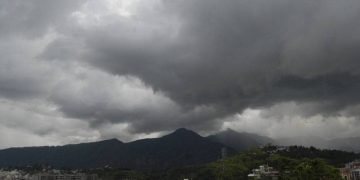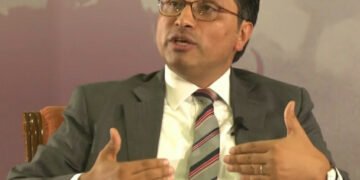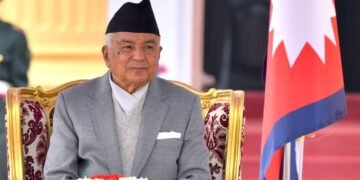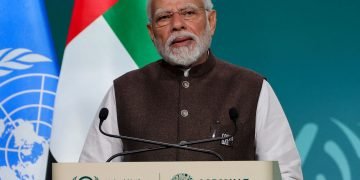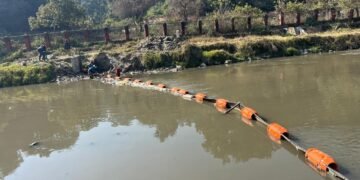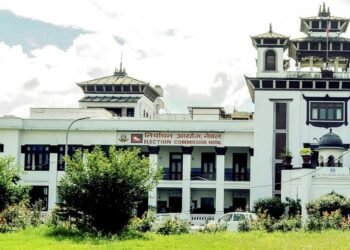Nepal’s political landscape remains turbulent, with frequent shifts in alliances, power struggles, and a lack of long-term vision. Political parties prioritize convenience over ideology, frequently changing their positions to serve their interests. Leaders who once opposed each other publicly often unite when their power is at risk, creating an endless cycle of unstable governments and uncertainty.
Governments Rise and Fall, but Progress Remains Stagnant
One of the defining characteristics of Nepalese politics is the constant formation and collapse of governments. No single party or leader has managed to ensure long-term stability. Coalition governments are often formed not based on public mandate but through political bargaining, leading to short-lived administrations incapable of implementing long-term policies.
With national interests sidelined, governance has been reduced to a mere game of survival. Frequent changes in leadership have left the country without clear economic and developmental strategies, hindering progress in crucial sectors.
Party Workers: The Unsung Victims of Political Games
While top political leaders enjoy privileges, their dedicated party workers bear the cost of political confrontations. Street protests, strikes, and violent clashes have become common, with workers sacrificing their safety for leaders who, ironically, negotiate and dine together behind closed doors.
This political hypocrisy has disillusioned citizens, especially the youth, who once believed in change. With repeated betrayals by leaders, many have lost faith in the system and are looking for ways to escape Nepal’s uncertain future.
The Youth Exodus: A Nation Losing Its Future
Political instability has driven thousands of young Nepalese abroad in search of better opportunities. Frustrated by unemployment, corruption, and poor governance, they see no viable future in Nepal. While remittances have become a backbone of the economy, relying on foreign employment is not a sustainable solution.
Instead of working to build their own nation, Nepalese youth are forced to contribute their talents and labor to foreign economies. The government’s failure to create employment opportunities is worsening the situation, leading to an alarming brain drain.
Can Nepal Break Free from This Cycle?
To move forward, Nepal needs a stable, accountable, and visionary leadership. Political leaders must prioritize national interests over personal and party gains. Electoral reforms, strict anti-corruption measures, and transparent governance are crucial to restoring public trust and ensuring sustainable development.
Nepal possesses immense potential—with abundant natural resources, a booming tourism sector, and a hardworking population. However, unless the political system undergoes serious reforms, the country will remain stuck in a cycle of instability, missed opportunities, and uncertainty.


